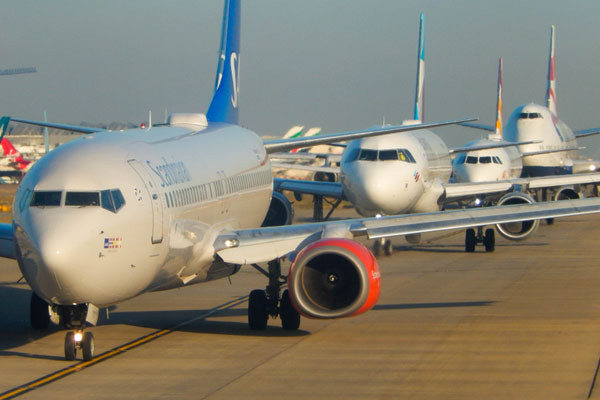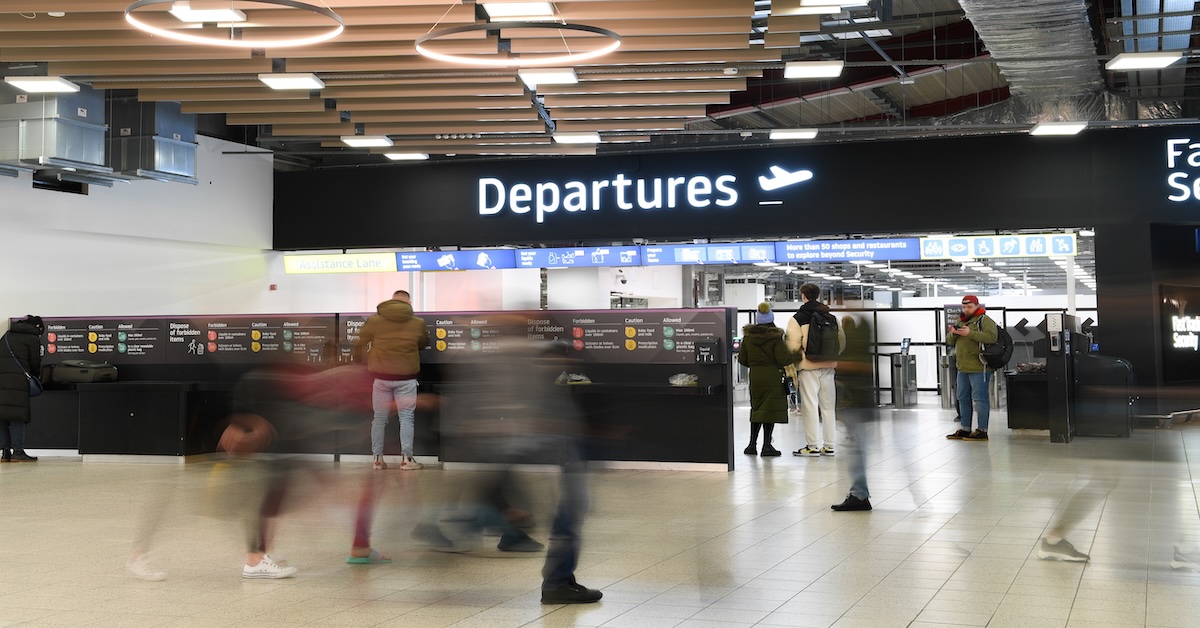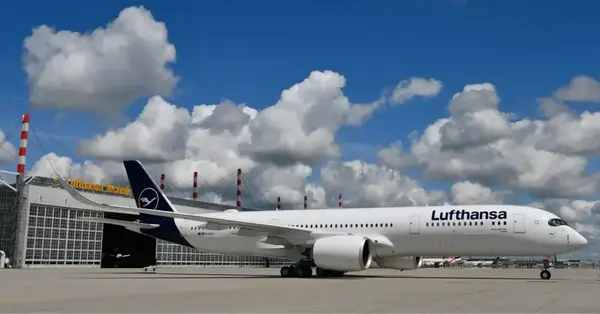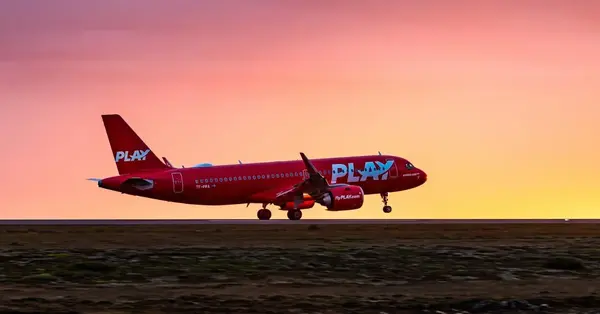Air fares forecast to remain high amid constrained capacity

Airline capacity will remain tight and airfares high, with delays in delivery of new aircraft also meaning unwelcome changes to flight schedules.
That is according to aviation consultant John Strickland of JLS Consulting who told an Abta Aviation Forum in London: “Late deliveries will affect this summer.”
Strickland noted aircraft deliveries “are coming late or not at all” and leading to “uncertainty in network planning”, saying: “When airlines have aircraft scheduled for delivery, they want to use them. They are expensive.
“If aircraft are not delivered, airlines have to reschedule [flights].”
The constrained capacity which results “means upward pressure on fares”, he said, adding: “That feeds into airline profitability, but airline chief executives are more concerned about missing opportunities to tap peak season demand.”
Strickland explained maintenance problems on the Pratt & Whitney engines on many Airbus A321neos mean that, on average, 350 aircraft will be grounded at any time throughout 2024, 2025 and 2026, each for up to 300 days.
At the same time, safety concerns at Boeing after a door plug on a 737 Max-9 aircraft blew out in mid-air in January have raised questions about the company safety culture and exacerbated production delays.
The issues at Boeing mean Ryanair will not receive 20 of the 50 new aircraft it planned to use this summer, forcing the carrier “to cut routes and revise down its profit forecasts”.
However, Strickland noted Wizz Air “has the biggest headache” over its fleet with 40 new Airbus aircraft currently grounded due to the engine issues.
Despite the constraints on capacity and increased fuel price due to Russia’s invasion of Ukraine and Israel’s war in Gaza, Strickland hailed the strong demand for flights and recovery in airline profits since the pandemic as “astonishing”, noting it has been based on “remarkably strong pricing”.
He told the Abta forum: “I’ve never seen airlines flying with such full aircraft and such high pricing. The North Atlantic market is buoyant, and the European market – especially the holiday market – is incredibly robust.”
Strickland noted the war in Ukraine had “massively increased flight times between Europe and Asia” and fuel prices had risen due to heightened tension in the Middle East.
But he said: “In a strong pricing environment, airlines have been able to pass on the rises to customers.”
You have viewed both of your 2 free articles this month as an unregistered user
To continue reading, please register with Travel Weekly free of charge, or if you have already registered click here to login

















